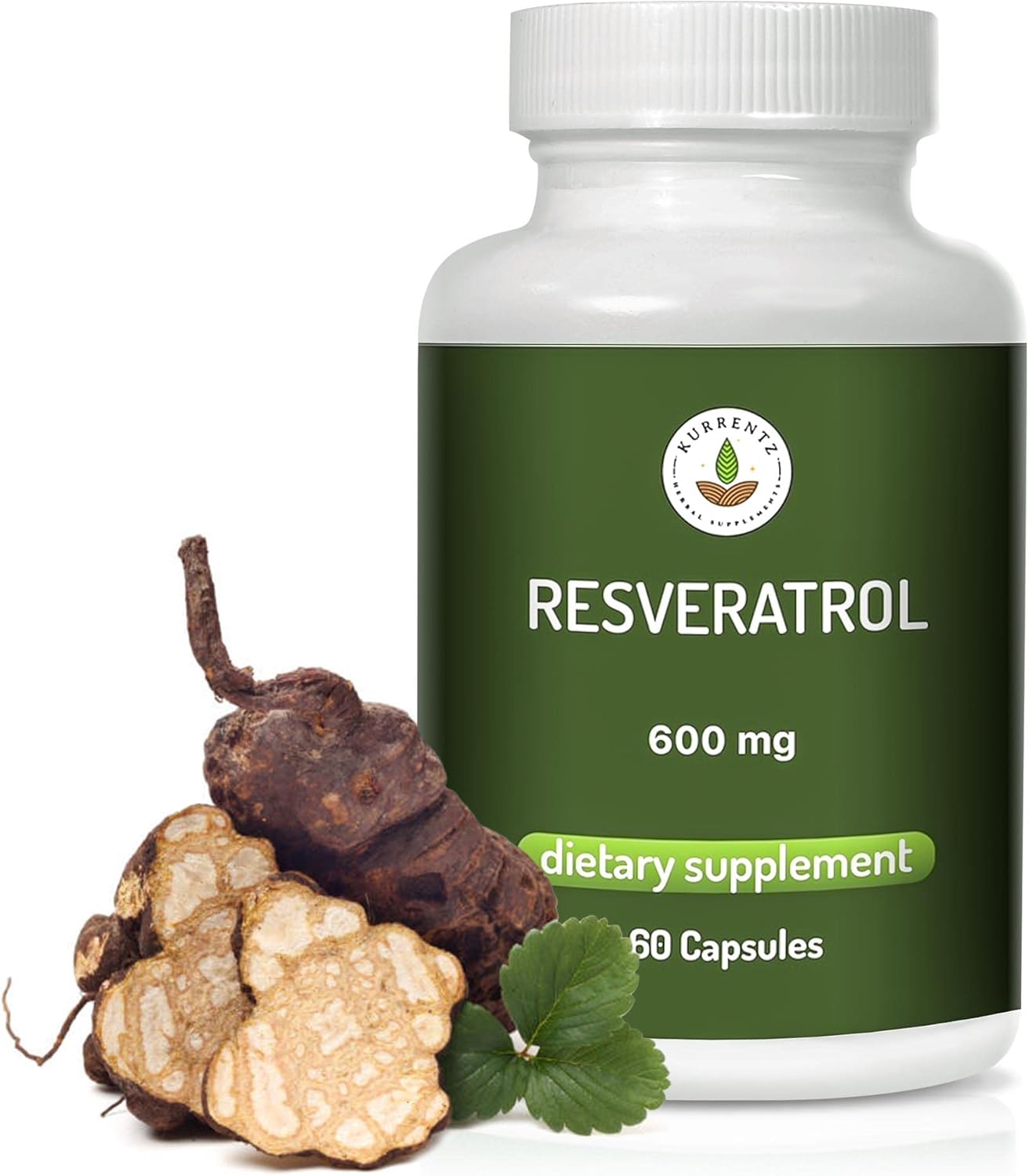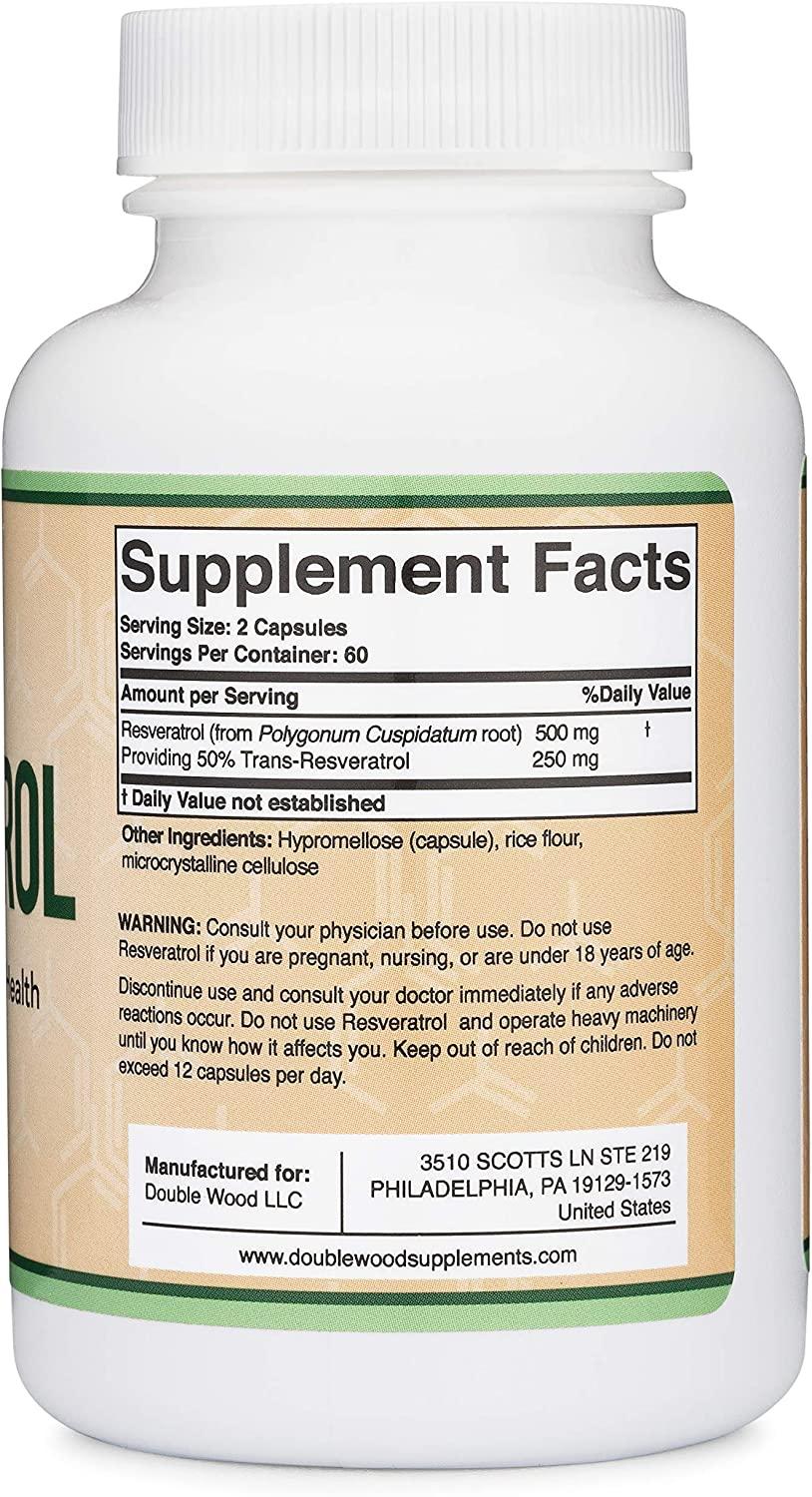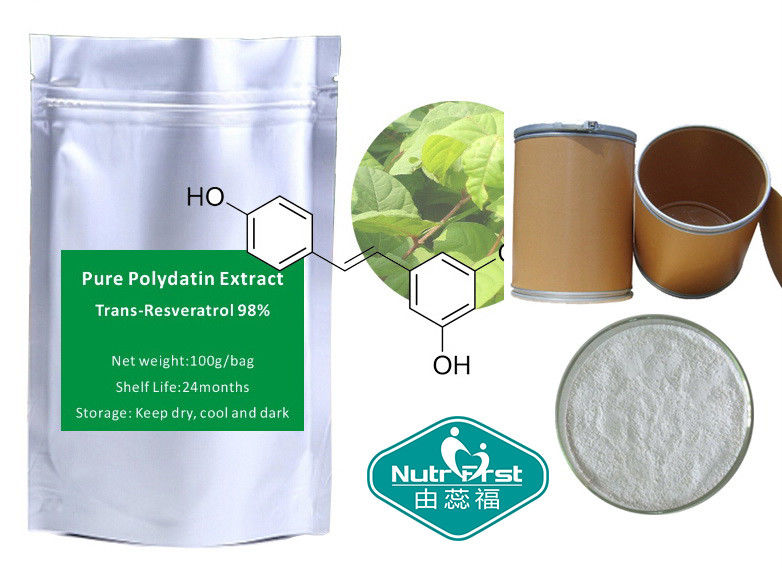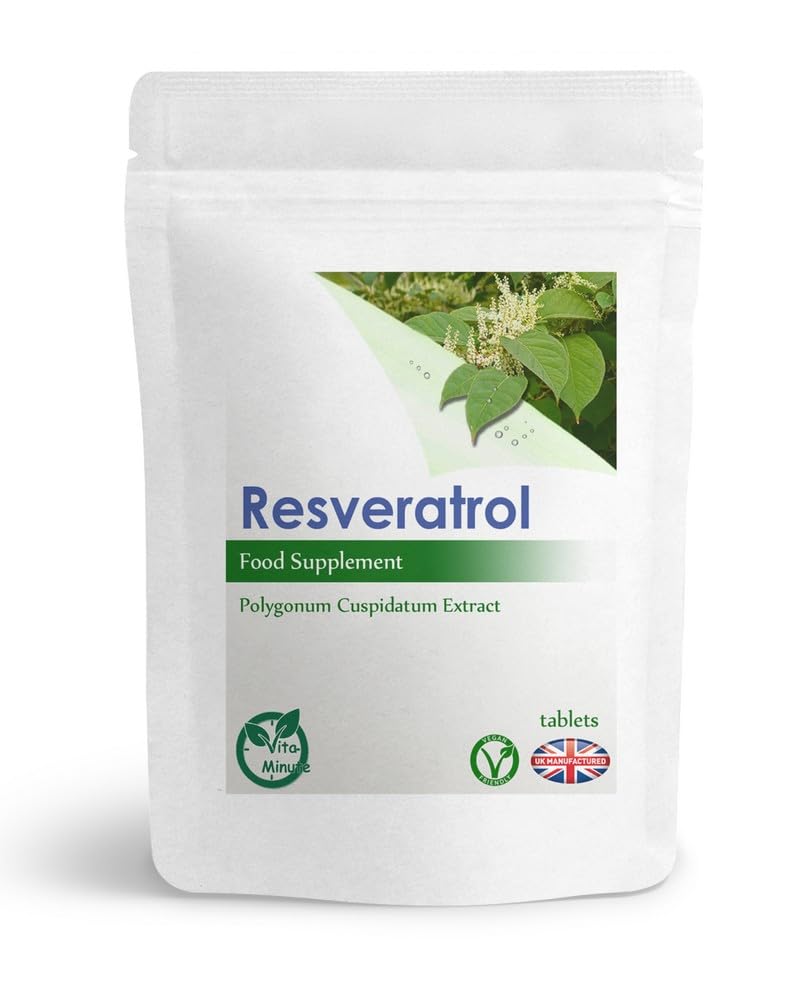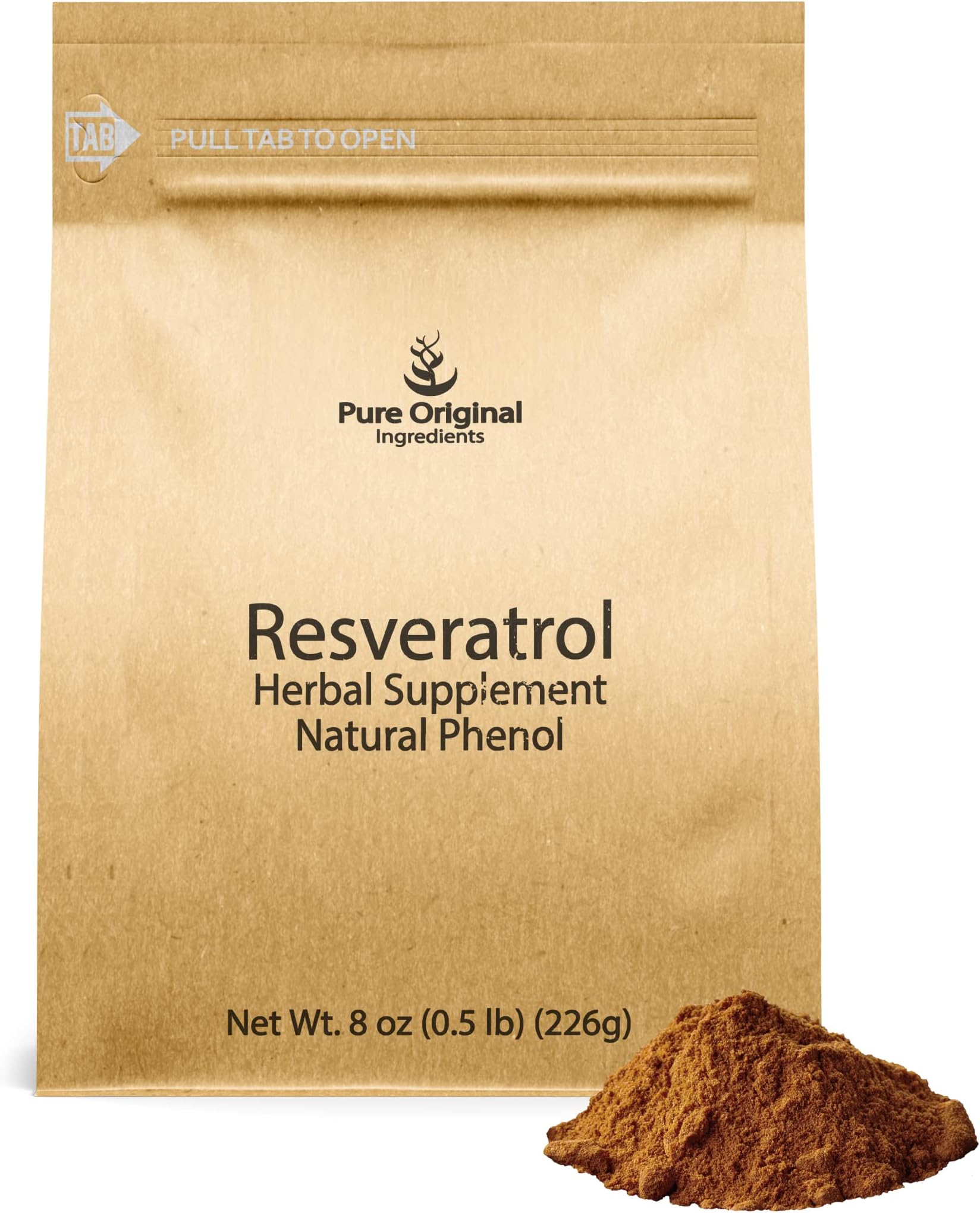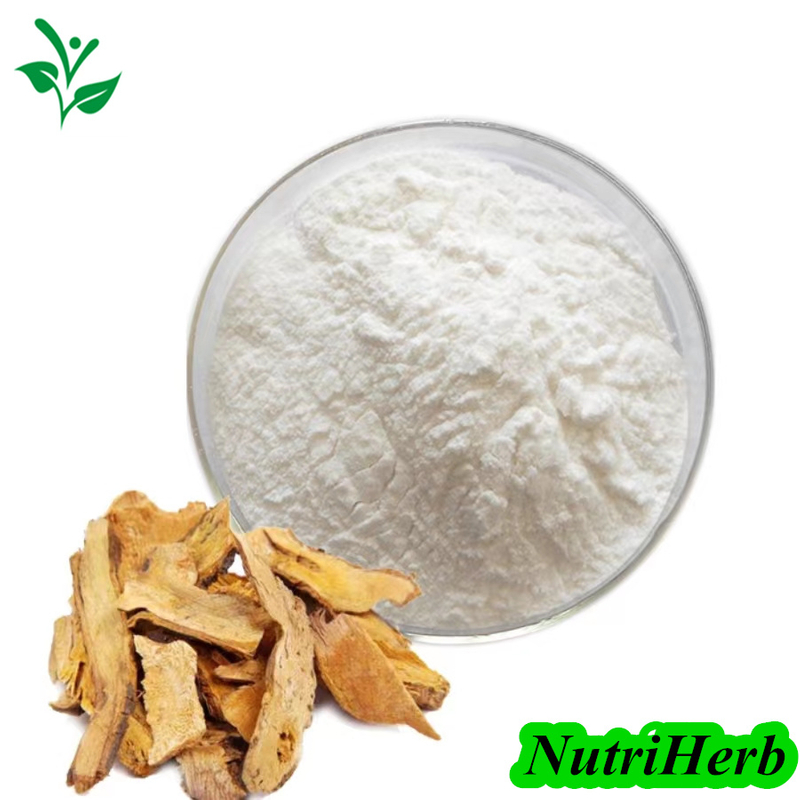Resveratrol From Polygonum Cuspidatum Root Extract

Resveratrol, a naturally occurring compound found in various plants, has long been a subject of scientific interest due to its potential health benefits. Among the sources of resveratrol, Polygonum cuspidatum root extract stands out for its high concentration of this bioactive molecule, leading to its increasing use in dietary supplements and cosmetic products.
But what exactly is resveratrol from Polygonum cuspidatum, and why is it gaining so much attention?
Unlocking the Potential of Resveratrol
Resveratrol is a stilbenoid, a type of natural phenol, and is produced by several plants in response to stress, injury, or fungal infection. While it's found in grapes (and thus, wine), berries, and peanuts, Polygonum cuspidatum, also known as Japanese knotweed, is recognized as one of the richest sources.
The Polygonum cuspidatum root extract contains a significantly higher concentration of resveratrol compared to other natural sources, making it a commercially viable option for extraction and formulation into various products. This high concentration is a key factor driving its popularity.
This article will explore the properties of resveratrol derived from Polygonum cuspidatum, its potential health benefits based on current research, and considerations for its use.
The Science Behind the Claims
Research into resveratrol's properties began decades ago, initially focusing on its antioxidant capabilities. In vitro and in vivo studies have suggested that resveratrol may offer a range of health benefits, including cardiovascular protection, anti-inflammatory effects, and even potential anti-cancer properties.
Many of these studies propose that resveratrol's antioxidant activity helps protect cells from damage caused by free radicals, which contribute to aging and various diseases. Furthermore, research suggests it might influence gene expression and cellular signaling pathways.
However, it is crucial to note that much of the research on resveratrol is still preliminary, and many of the promising results obtained in laboratory settings have not been consistently replicated in human clinical trials.
Polygonum cuspidatum: A Concentrated Source
The reason Polygonum cuspidatum is favored as a resveratrol source boils down to economics and efficiency. Compared to extracting resveratrol from grapes or berries, the yield from Polygonum cuspidatum is substantially higher, making it a more cost-effective option for manufacturers.
The plant itself is relatively easy to cultivate, contributing to a stable and readily available supply of raw material. This reliability is a significant advantage for companies producing resveratrol-based supplements and products.
However, concerns have been raised regarding the sustainability of Polygonum cuspidatum harvesting, particularly if demand continues to rise. Responsible sourcing and cultivation practices are essential to ensure the long-term availability of this resource.
Potential Health Benefits and Current Research
The purported health benefits of resveratrol are wide-ranging, encompassing several areas of health. These benefits include the following:
Cardiovascular Health
Some studies suggest that resveratrol may help improve blood vessel function, reduce LDL ("bad") cholesterol, and prevent blood clots. However, the evidence is not conclusive, and more research is needed to determine the optimal dosage and long-term effects.
Anti-inflammatory Properties
Resveratrol has been shown to possess anti-inflammatory properties, which may help reduce the risk of chronic diseases associated with inflammation. Further research is ongoing to explore its potential in managing inflammatory conditions.
Neuroprotective Effects
Research suggests that resveratrol may protect brain cells from damage and improve cognitive function. More studies are necessary to determine its effectiveness in preventing or treating neurodegenerative diseases.
Anti-Cancer Potential
In vitro studies have demonstrated that resveratrol can inhibit the growth and spread of cancer cells. However, human clinical trials have yielded mixed results, and its role in cancer prevention and treatment remains unclear.
Considerations and Cautions
While resveratrol is generally considered safe, some individuals may experience side effects such as gastrointestinal upset. High doses of resveratrol may interact with certain medications, such as blood thinners.
It is crucial to consult with a healthcare professional before taking resveratrol supplements, especially if you have any underlying health conditions or are taking medications.
The Food and Drug Administration (FDA) does not regulate dietary supplements as strictly as pharmaceuticals. Consumers should purchase resveratrol supplements from reputable brands that have been tested for purity and potency.
The Future of Resveratrol Research
Despite the existing body of research, many questions about resveratrol remain unanswered. Future studies are needed to investigate the optimal dosage, long-term effects, and potential interactions with other compounds.
Researchers are also exploring novel delivery methods to improve resveratrol's bioavailability, as it is not readily absorbed by the body. Nanotechnology and liposomal encapsulation are being investigated as potential strategies.
The ongoing research and development efforts suggest that resveratrol may hold promise for improving human health. However, it is crucial to approach the claims with a healthy dose of skepticism and rely on evidence-based information from credible sources.
Conclusion
Resveratrol from Polygonum cuspidatum root extract presents a concentrated source of this intriguing compound with potential health benefits. However, consumers should be aware that much of the research is preliminary, and more studies are needed to confirm its effectiveness in humans. As always, consult with a healthcare professional before starting any new supplement regimen.
